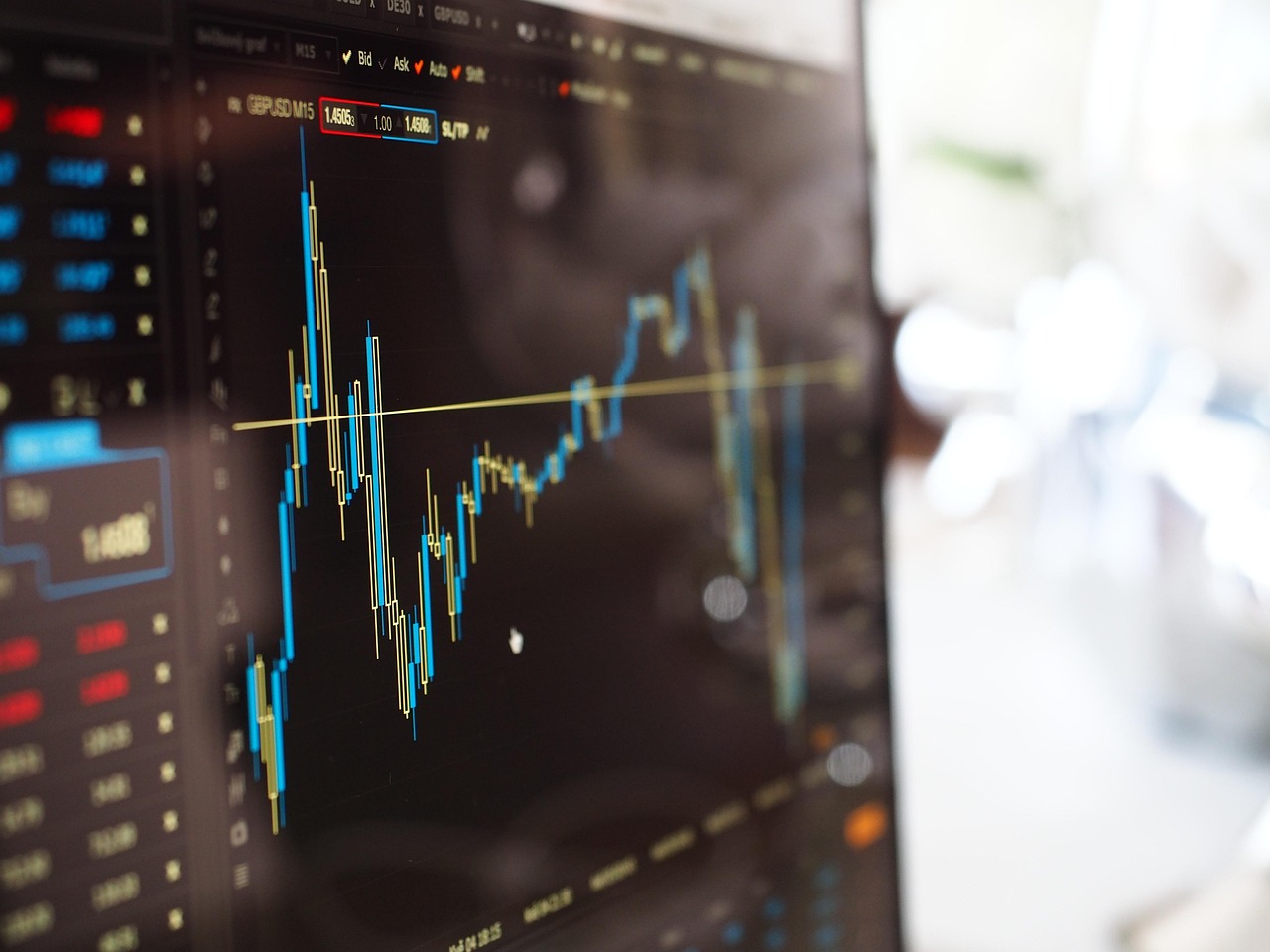Introduction to the Unseen Battle
The world of finance and the realm of online gaming may seem like vastly different universes, each with its own set of rules and protagonists. However, there’s a common thread that weaves these two seemingly disparate realms together: the use of algorithms and the factor of luck. In the financial sector, automated trading systems rely on complex algorithms to make lightning-fast decisions, aiming to outperform human traders. In contrast, online gaming, especially in multiplayer environments, often involves a delicate balance between skill, strategy, and luck. This article delves into the intriguing comparison between automated trading and online gaming, exploring how algorithms and luck play pivotal roles in both domains.
The Rise of Automated Trading
Automated trading, also known as algorithmic trading, uses computer programs to automatically execute trades based on predefined rules. These rules are set by analyzing vast amounts of historical and real-time market data, aiming to identify profitable trades before they occur. The efficiency and speed at which these algorithms operate have led to their widespread adoption in financial markets, allowing for quick response times to changing market conditions and the ability to process large volumes of trades that would be impossible for a human to manage manually.
The Algorithmic Advantage in Gaming
On the other side of the spectrum, online gaming platforms utilize algorithms for a variety of purposes, including game balancing, fraud detection, and enhancing player experience. In multiplayer games, algorithms can analyze player behavior and adjust the difficulty level, ensure fair matchmaking, and even predict player churn. While algorithms play a crucial role in the backend of gaming platforms, the element of luck also significantly influences player outcomes, especially in games that involve chance or unpredictable elements.
The Interplay of Algorithms and Luck
In both automated trading and online gaming, algorithms are designed to minimize the impact of luck and maximize predictable outcomes. However, luck remains an inevitable factor. In trading, even the most sophisticated algorithm can fall victim to unforeseen market events or unexpected changes in economic policies. Similarly, in gaming, despite the best strategies and skill levels, a streak of bad luck can significantly impact a player’s performance.
Strategies for Success
For those involved in automated trading, success often hinges on the ability to continuously update and refine their algorithms, incorporating new data and learning from past mistakes. In gaming, understanding the algorithms behind the game and being aware of how luck influences outcomes can significantly improve a player’s strategy. Here are some key strategies for success in both domains:
- Continuous Learning: Staying updated with the latest trends and data in finance and gaming can provide a competitive edge.
- Adaptability: Being able to adjust strategies based on new information or changing conditions is crucial.
- Risk Management: Understanding and managing risk is key to long-term success in both trading and gaming.
Comparative Analysis
To better understand the roles of algorithms and luck, it’s beneficial to compare the two domains directly. The following table outlines some key similarities and differences:
| Aspect | Automated Trading | Online Gaming |
| Primary Goal | Maximize Profit | Win the Game/Enjoyment |
| Role of Algorithms | Decision Making, Risk Management | Game Balancing, Fraud Detection, Enhancing Experience |
| Influence of Luck | Unforeseen Market Events | Chance, Unpredictable Elements |
Conclusion and Reflections
The comparison between automated trading and online gaming offers a fascinating glimpse into the complex interplay between algorithms and luck. While these elements are pivotal in both domains, their manifestations and impacts vary significantly. As we move forward in an increasingly digital age, understanding these dynamics is not just interesting but essential for making informed decisions, whether in the financial markets or in the virtual realms of online gaming.
Answers to Common Questions
– Q: Can algorithms completely eliminate the role of luck in trading and gaming? A: No, while algorithms can minimize risks and predict outcomes, unforeseen events and chance will always play some role.
– Q: How can one improve their skills in automated trading and online gaming? A: Continuous learning, adaptability, and effective risk management are key strategies for success in both domains.
– Q: Are the skills learned in one domain transferable to the other? A: While there are some transferable skills, such as strategic thinking and problem-solving, each domain has its unique challenges and requirements.
In conclusion, the realms of automated trading and online gaming, while different in many respects, share a common ground in their reliance on algorithms and the inevitability of luck. As these fields continue to evolve, understanding and appreciating this interplay will become increasingly important for those who navigate these digital landscapes. Reflecting on the insights from renowned publications and experts in the field, it’s clear that the future of both automated trading and online gaming will be shaped by how well we harness the power of algorithms while respecting the unpredictable nature of luck.
